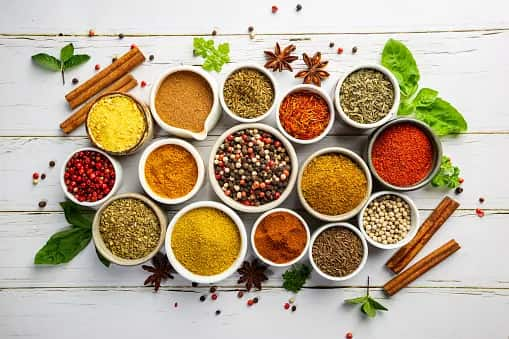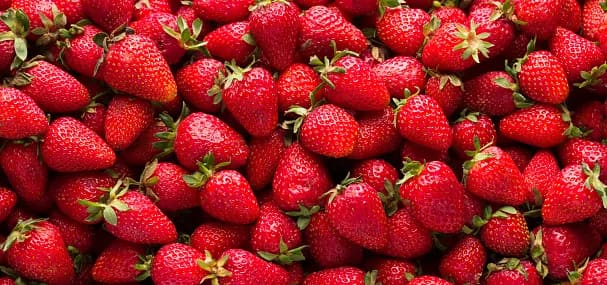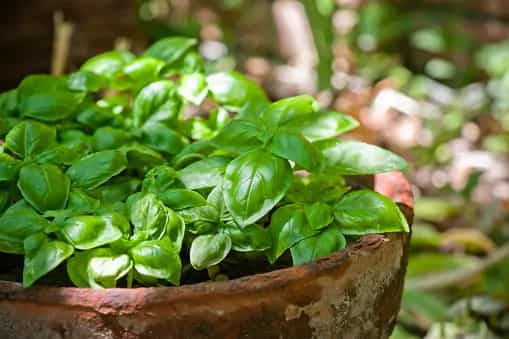Let’s be honest, supermarkets are the perfect place to buy everything that we need in our daily lives. We are heavily dependent on them and trust them with our daily life choices but you shouldn’t buy everything blindfolded. Walking down the grocery aisle and putting every delectable food item in the trolley may appear to be the ideal shopping goal. We are frequently enticed to buy ready-to-eat, ready-to-cook, or cold meats, whether because of the packaging, the attractive location, or the simplicity of preparation. But did you know that there are several foods that you should never buy frozen? Here's everything you need to know about them.
1. Herbs
The fresh and alluring perfume of herbs may give an exotic touch to meals, and most of us store frozen herbs to simply add them to meals without having to clean and slice them, but is this a smart idea? These cold-packed or frozen herbs lose their efficacy and flavour during the freezing process, and because they are packed together, they are more likely to decay quickly inside the bunch. Finally, additives are employed to extend the shelf life of products. Rather than purchasing frozen herbs, it is preferable to grow them in the kitchen and consume them fresh.

2. Strawberries
Strawberries' wonderful taste has contributed to their appeal, so much so that they are available all year. But do you know why chefs recommend buying this berry exclusively during its season? Because strawberries are porous in nature, they become oversaturated with water and break down during the freezing process, destroying the taste, and texture, and are filled with surplus liquid. Preservatives such as calcium chloride, calcium lactate, calcium ascorbate, and calcium propionate are also used in some situations to extend the shelf life and improve the taste of strawberries.

3. Basil
We regularly find fresh basil leaves in the refrigerated department of the supermarket, so you may be curious, "Why is it on this list?" Basil does not do well in cold areas and dies quickly. In addition, the plant will absorb the aroma of the other foods in your fridge. To keep your basil fresher for longer, treat it like a conventional flower in a vase or a plant: Place a stem of basil in a glass of water. You can harvest leaves as needed, and your basil will remain fresh for months.

4. Potatoes
Because of the chilly temperature in your fridge, the skin on your potatoes becomes rubbery and goes bad faster. The cold actually causes the starch to convert to sugar much faster than if they were stored at room temperature. If you store your potatoes in the fridge for an extended period of time, they may get sweeter, drier, and even gritty. Instead of refrigerating or purchasing refrigerated potatoes from stores, store them in a warm spot, such as a pantry or basement. They can also be stored in a paper bag to allow for some air circulation, which will keep them tasting fresher for longer.

5. Broccoli
Broccoli is another popular leafy green that we frequently buy in supermarkets. Although the exotic vegetable appears clean, large, and vivid, it loses flavour and texture when frozen. As a result, it is better to avoid burying it frozen and instead get it from a local market. According to culinary experts, freezing broccoli causes the formation of crystals, which decreases the nutritious content of broccoli.

6. Avocados
Avocados taste best when they are fresh but not soft; they are creamy and tasty without being stringy or aged. Refrigerating them will cause them to ripen more slowly and that is why it is advised to not buy avocados that are refrigerated in supermarkets. If you buy avocados that are already ripe, or if you cut them open, keep them in the fridge. If the avocado is chopped, keep the seed in the extra half in a sealed ziplock bag with all air removed. The open avocado will stay fresh for up to a day in this manner. If you sprinkle lime juice on the open cut, the avocado will stay fresh for up to two days.



